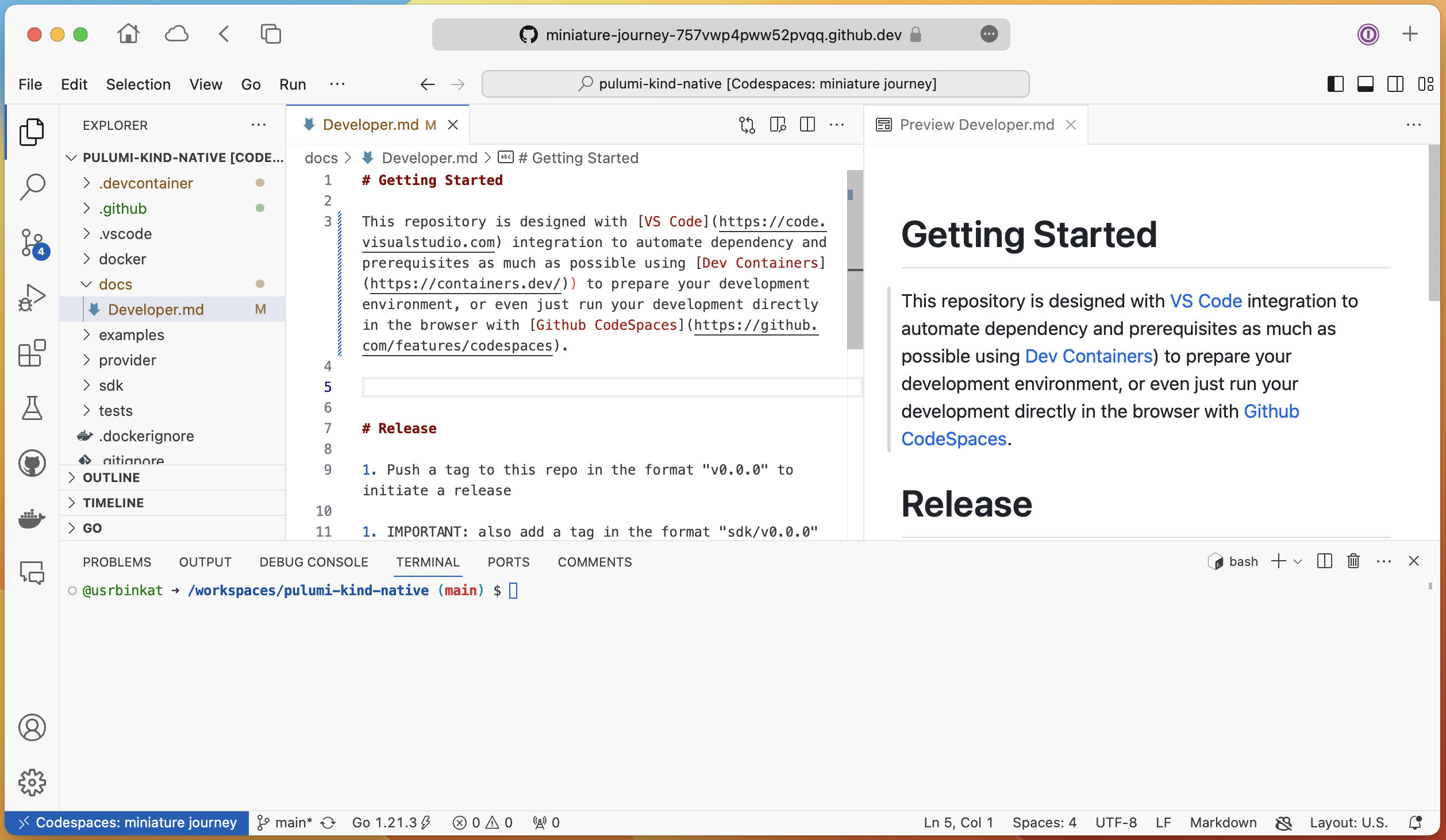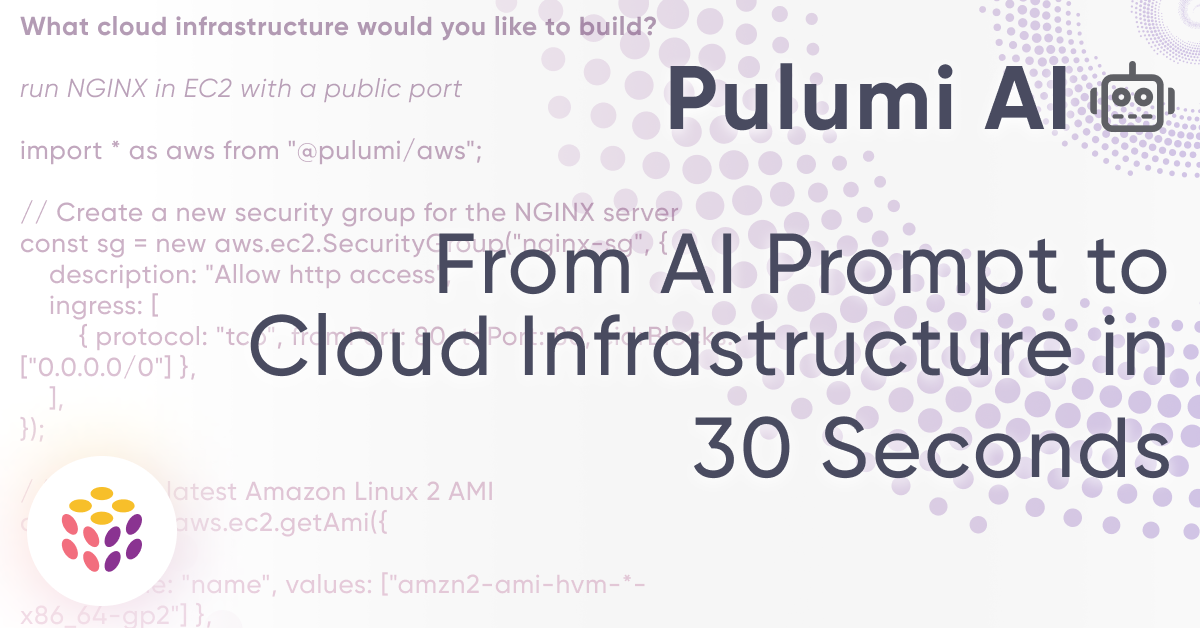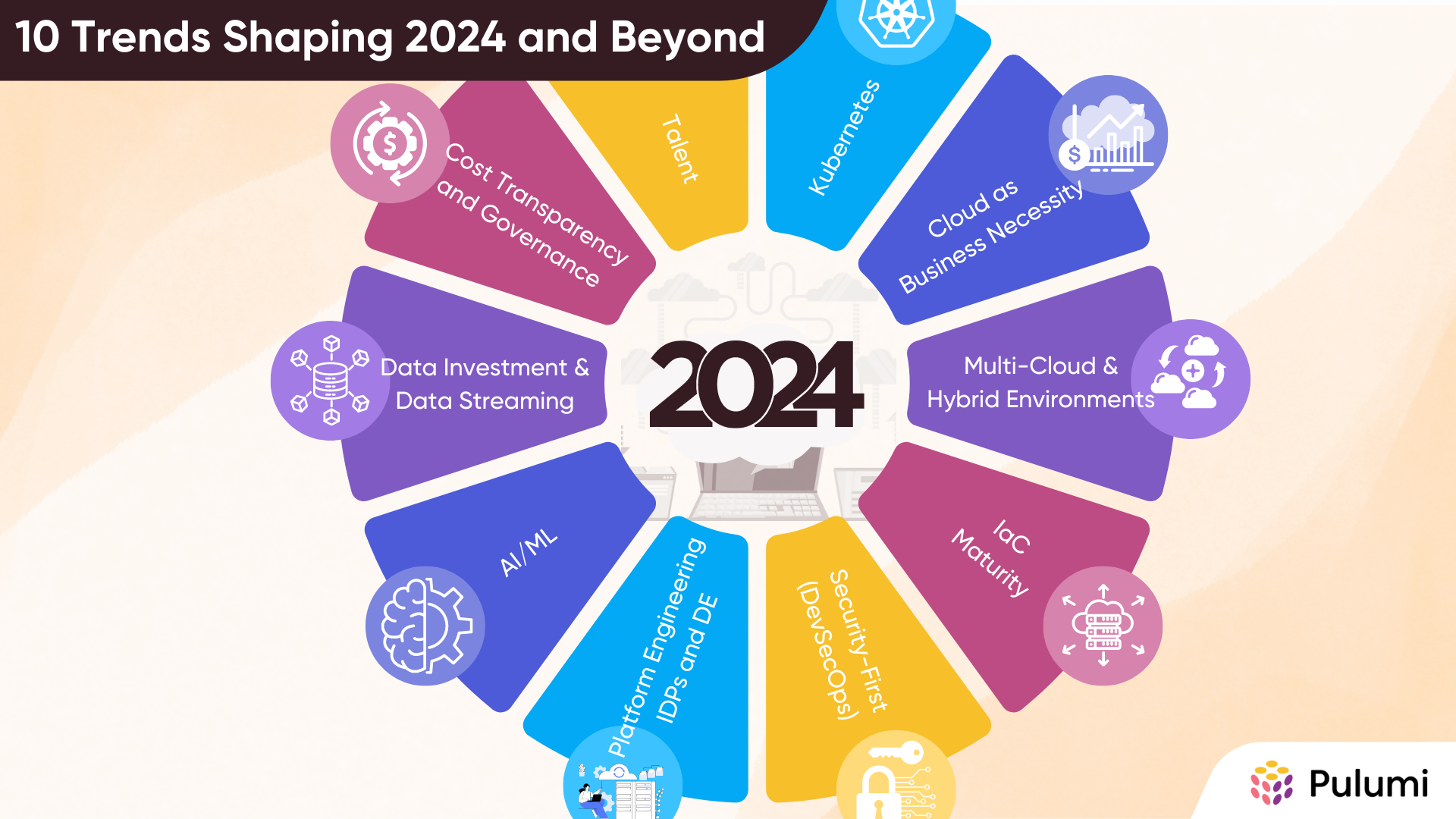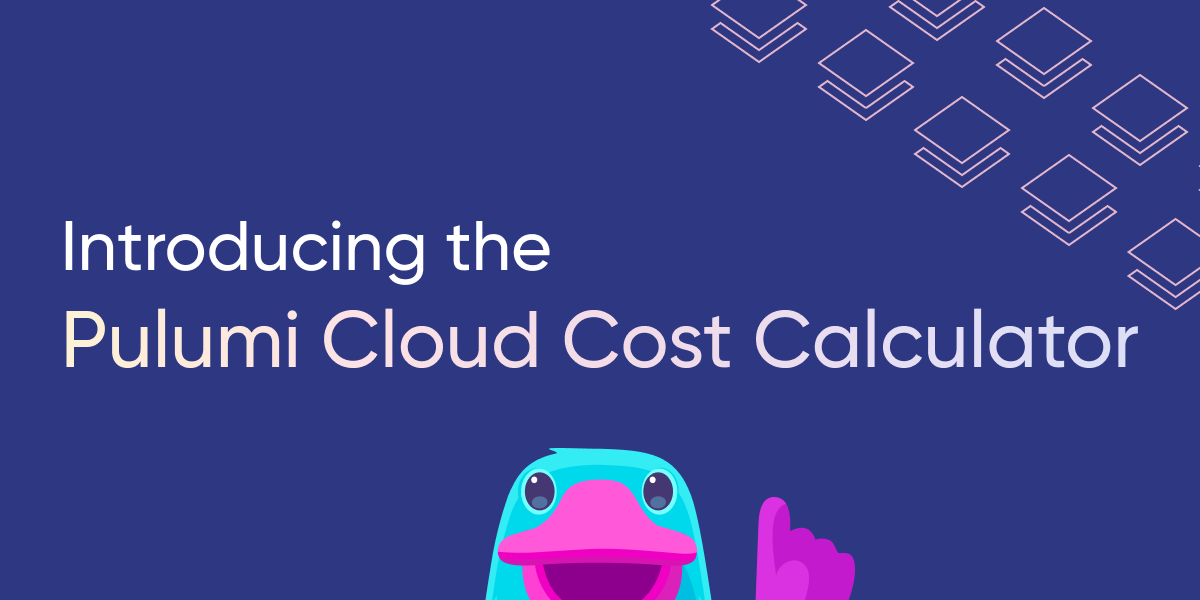Pulumi Release Notes: Pulumi ESC, Deployments GA, Pulumi AI Improvements, AWS S3 Express One Zone Support, and more!

We’ve had a busy last few months at Pulumi. From shipping a brand new product offering, Pulumi ESC, to adding several major features in Pulumi Cloud and updates to various Pulumi providers - there is lots to catch up on. In addition to reading these release notes, check out the pulumi/pulumi repo changelog to stay up to date with CLI enhancements after each CLI release. For Pulumi Cloud updates, follow the new features blogs to stay updated on the latest feature releases. Let’s walk through the major updates across Pulumi from the last few months!



















